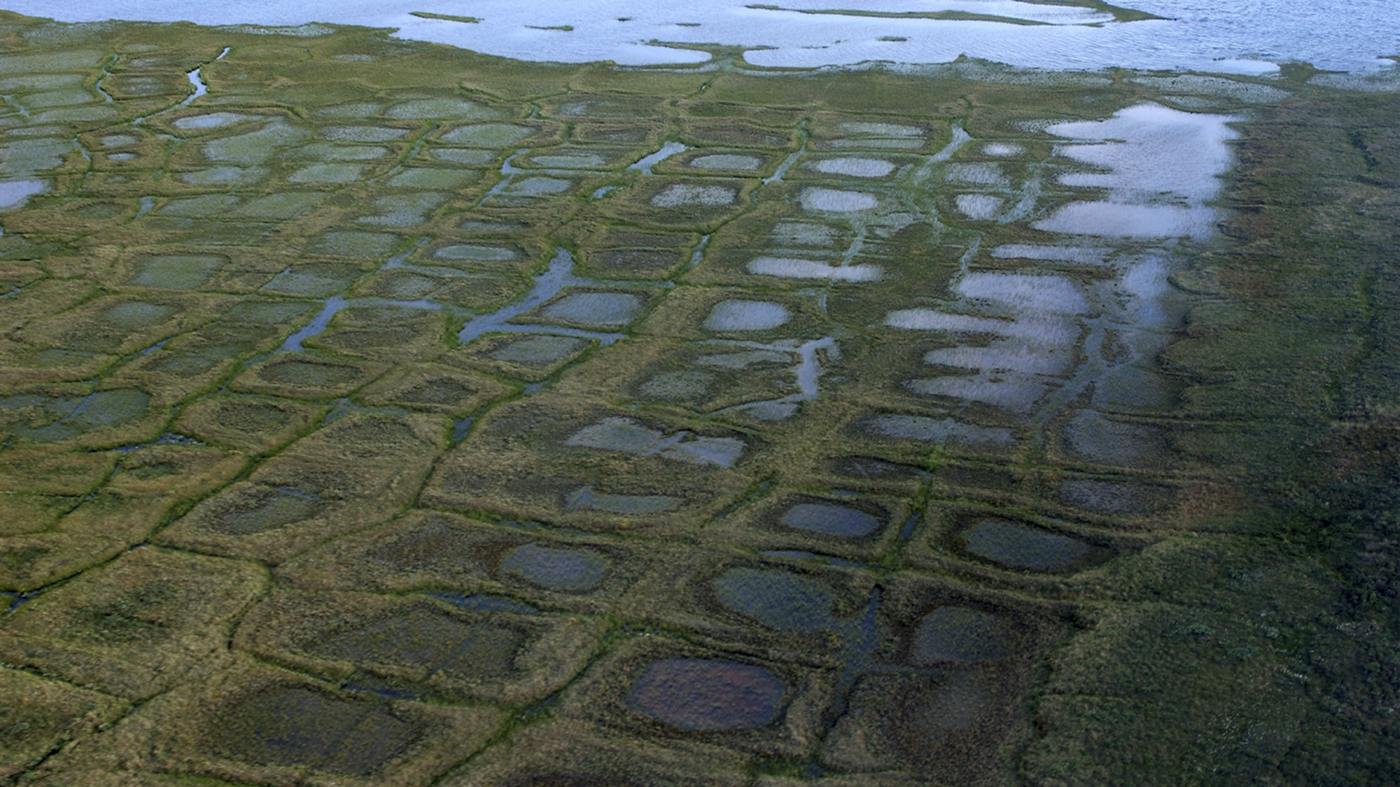The Biden administration recently announced significant measures to restrict new oil and gas leasing on 13 million acres of federal petroleum reserve in Alaska. This decision aims to protect vulnerable wildlife such as caribou and polar bears as the Arctic region faces escalating challenges from climate change. The move, which finalizes protections first proposed last year, is part of a broader debate over the development of Alaska’s abundant oil resources.
The approval of the contentious Willow oil project had drawn criticism from environmentalists, who argued that it contradicted President Biden’s commitments to combat climate change. The administration’s decision also implements an earlier plan to close nearly half of the reserve to oil and gas leasing, sparking strong reactions from Republican lawmakers like Alaska Senators Dan Sullivan and Lisa Murkowski, who criticized the move as detrimental to the state’s economy.
Despite the restrictions on new leasing, the decision does not alter the terms of existing leases or affect ongoing operations such as the Willow project. Additionally, the administration recommended rejecting a proposed mining road project in northwest Alaska, citing concerns about its environmental impact, particularly on Indigenous communities and wildlife.

Biden (Credits: AP News)
Alaska’s political leaders, including Sullivan, accused the administration of jeopardizing national security interests by limiting energy development in the state. They argue that such decisions hinder America’s energy independence and economic growth while empowering geopolitical rivals.
President Biden defended the decision, emphasizing the importance of protecting Alaska’s pristine landscapes and supporting Indigenous communities. However, voices from local Indigenous groups like Voice of the Arctic Iñupiat expressed frustration over feeling excluded from the decision-making process and concerns about the economic implications for their communities.
The oil industry, represented by the American Petroleum Institute, criticized the decision, arguing that it hampers future energy development and undermines America’s energy security. Meanwhile, environmentalists hailed the move as a significant step towards conservation, highlighting the urgent need to address climate change and protect biodiversity in the Arctic region. Despite the ongoing debates and legal challenges, the administration’s decision reflects a broader shift towards prioritizing environmental conservation in federal land management policies.























